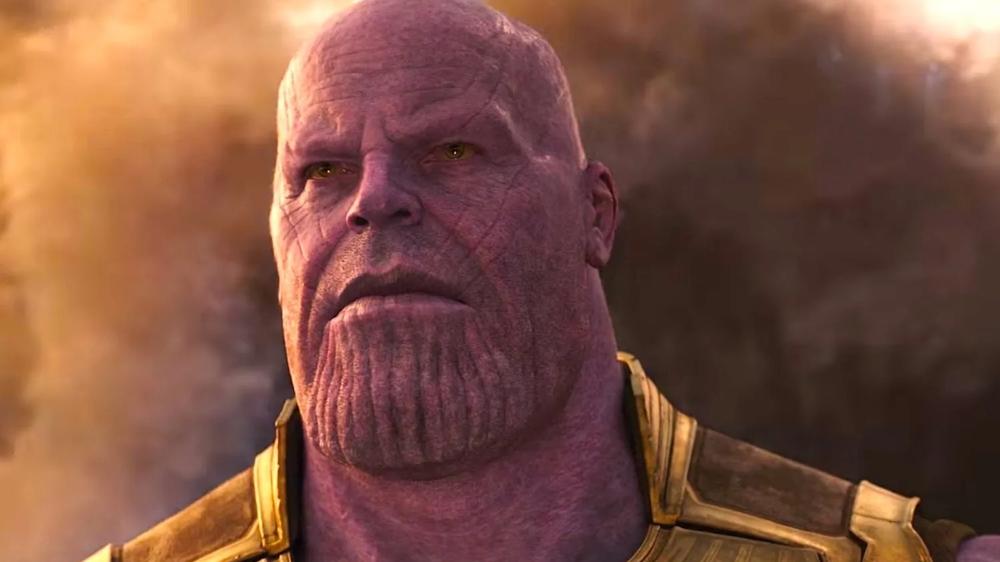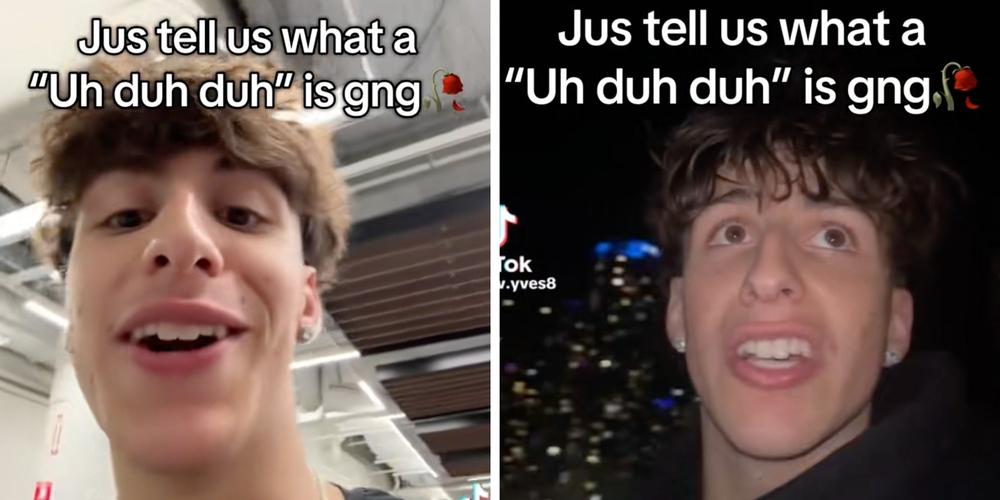There’s been a fresh turn in Disney and Universal’s lawsuit against generative AI this week, with the accused firm, Midjourney, clapping back at the studios, arguing that they are trying to “have it both ways”.
For better or worse, artificial intelligence is infiltrating our everyday lives, and its use in art remains a hotly debated topic. This intensified in June when Disney and Universal teamed up to sue Midjourney, accusing the generative AI image platform of copyright infringement.
They claim that Midjourney uses unauthorized copies of its IP – from Shrek and Despicable Me to Star Wars and the MCU – to train its models while benefitting from the reproduction, displaying, and distribution of these copies.
The lawsuit marks the first time major Hollywood companies have sued over AI-generated imagery, and Midjourney hadn’t responded… until now.
Midjourney says Disney & Universal can’t “have it both ways” with AI
In an official response to the lawsuit filed on Wednesday, August 6, Midjourney’s legal team argued that its use of copyrighted works constitutes fair use.
They also claimed numerous subscribers have email addresses linked to Disney and Universal, suggesting the studios are benefitting from its services.
“Copyright law does not confer absolute control over the use of copyrighted works. The limited monopoly granted by copyright must give way to fair use, which safeguards countervailing public interests in the free flow of ideas and information,” the document states.
“Training a generative AI model to understand concepts by extracting statistical information embedded in copyrighted works is a quintessentially transformative fair use – a determination resoundingly supported by courts that have considered the issue.”
Earlier on, the legal team argued that the studios “have benefitted from and continue to benefit from Midjourney and other, similar generative AI tools.”
“Indeed, many dozens of Midjourney subscribers are associated with plaintiffs’ corporate email addresses, and Midjourney is also a popular tool among the visual effects companies and other vendors employed by plaintiffs,” they continued.
“As Bob Iger, Disney’s CEO, recently exclaimed during a discussion about his company’s utilization of AI, ‘technology is an invaluable tool for artists,’ and generative AI is no different.”
Alongside the fair use, Midjourney points to the original lawsuit, which alleges that the process of training an AI model on billions of images violates their rights, saying that “only a small fraction of those images may contain individual frames from plaintiffs’ films and shows.”
“As a matter of equity, plaintiffs cannot have it both ways, seeking to profit – through their use of Midjourney and other generative AI tools – from industry-standard AI training practices on the one hand, while on the other hand accusing Midjourney of wrongdoing for the same.”
These are just a fraction of the points raised in the 43-page document, but overall, Midjourney is fighting the case and denying any wrongdoing, asking the judge for a trial to go ahead.
“Midjourney hereby demands a trial by jury on all claims, counterclaims, defenses, and issues in this action so triable,” the document concludes.

 Trump’s endless new tariffs are threatening businesses — and you
Trump’s endless new tariffs are threatening businesses — and you